Sleep is a critical component of daily life, playing a pivotal role in maintaining both physical and mental health. As you age, your sleep patterns naturally change, often leading to less restful slumber and potentially impacting overall well-being. Understanding these changes and how to manage them can improve your quality of life in later years. This article aims to shed light on the importance of managing sleep patterns for better health in later years, discussing the impact of poor sleep, common sleep disorders, and strategies for enhancing sleep quality.
Contents
- Exploring Sleep Patterns
- The Impact of Poor Sleep on Health
- Common Sleep Disorders in Later Years
- Strategies for Enhancing Sleep Quality
- The Role of Diet in Sleep Quality
- Understanding Sleep Medications
- The Intersection of Sleep and Technology
- Seeking Professional Help
- Embark On Your Journey To Better Sleep
- Related
Exploring Sleep Patterns
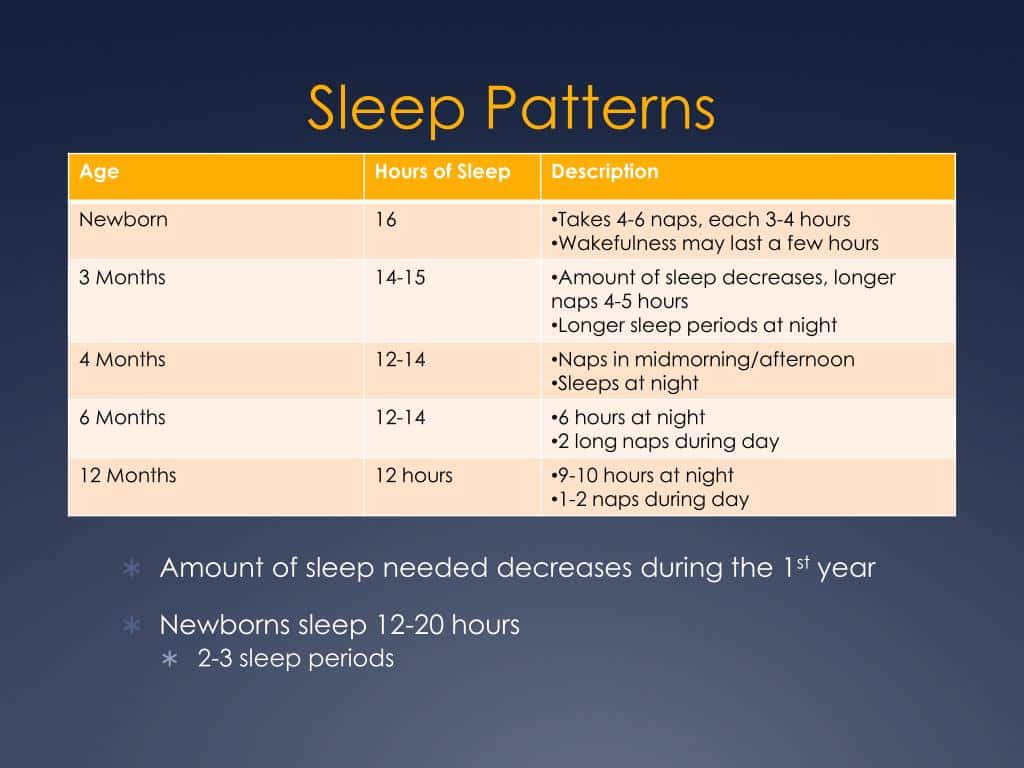
Your body operates on a natural cycle known as the circadian rhythm, which effectively regulates your periods of sleep and wakefulness. These sleep patterns are influenced by a variety of factors, including environmental cues like light and internal factors like hormone levels and age. As you grow older, these rhythms often shift, resulting in earlier bedtimes and earlier waking times. This shift can lead to fragmented sleep or cause you to wake up feeling unrefreshed, even after what might seem like sufficient hours of sleep.
Changes in sleep patterns with age are a normal part of life. However, significant disturbances can lead to health issues. It can be challenging to differentiate between normal adjustments and more serious disruptions. By recognizing and understanding these changes, you can better manage your sleep patterns, ensuring that your sleep remains restorative and refreshing. It’s crucial to stay informed about these changes and seek professional help if sleep disturbances start affecting your day-to-day functions.
The Impact of Poor Sleep on Health
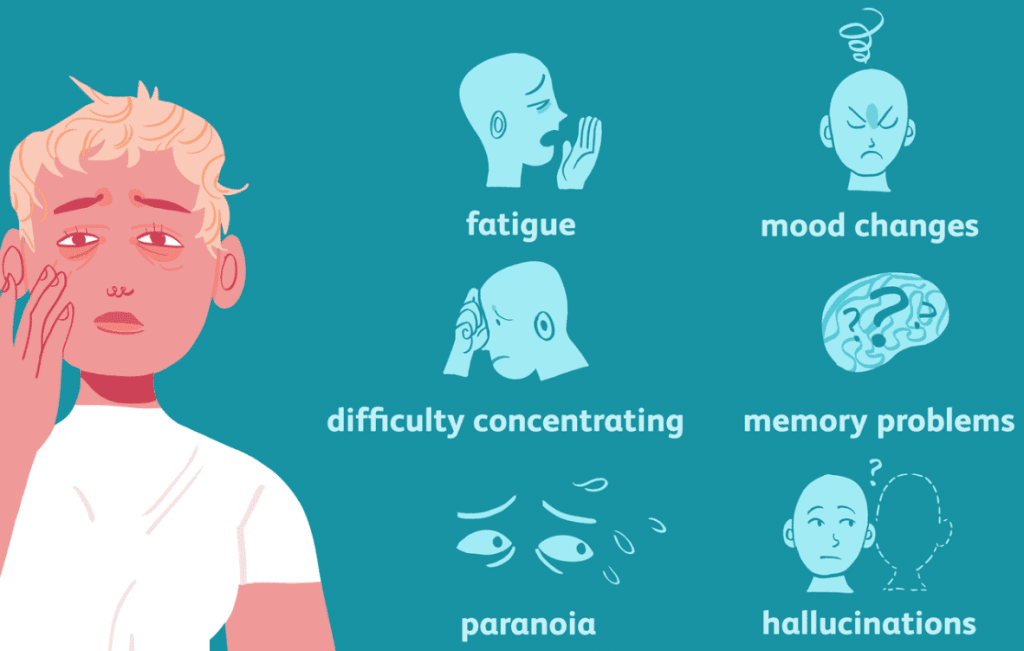
Poor sleep can have severe consequences on your health. Physically, it can lead to an increased risk of conditions like heart disease, diabetes, and obesity. Lack of sleep can also weaken the immune system, making you more susceptible to infections. Proper rest is vital for bodily repair and maintenance; without it, your health can significantly deteriorate. Chronic sleep deprivation can also take a toll on your energy levels, productivity, and even your personal relationships.
Beyond the physical, poor sleep can also have profound impacts on mental health. Chronic sleep deprivation is associated with higher rates of depression, anxiety, and cognitive decline. Good sleep is crucial not only for your body but also for your mind, playing a key role in memory consolidation and mood regulation. Persistent sleep issues can lead to mood swings, difficulty concentrating, and other cognitive impairments. Therefore, prioritizing good sleep is essential for maintaining overall mental well-being.
Common Sleep Disorders in Later Years
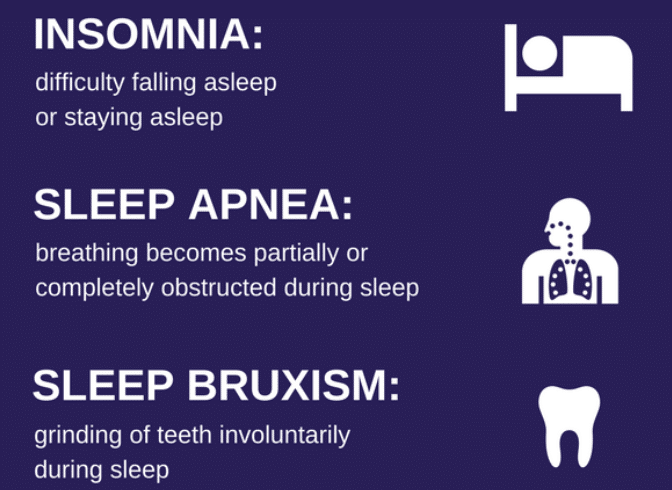
As you age, the likelihood of experiencing sleep disorders increases. Insomnia, characterized by difficulty falling or staying asleep, becomes more common. It can lead to daytime fatigue, mood disturbances, and a reduced quality of life. Understanding the signs and symptoms of insomnia is the first step toward addressing this issue. With the proper intervention, it’s possible to manage insomnia effectively and improve sleep quality.
Another common sleep disorder is sleep apnea, which involves repeated interruptions in breathing during sleep. This disorder can lead to poor sleep quality and serious health complications if left untreated. By recognizing the signs of sleep apnea – such as loud snoring, daytime sleepiness, and frequent nighttime awakenings – you can seek appropriate treatment and improve your sleep health. Regular monitoring and consultation with healthcare professionals can help manage sleep apnea and ensure a good night’s sleep.
Strategies for Enhancing Sleep Quality
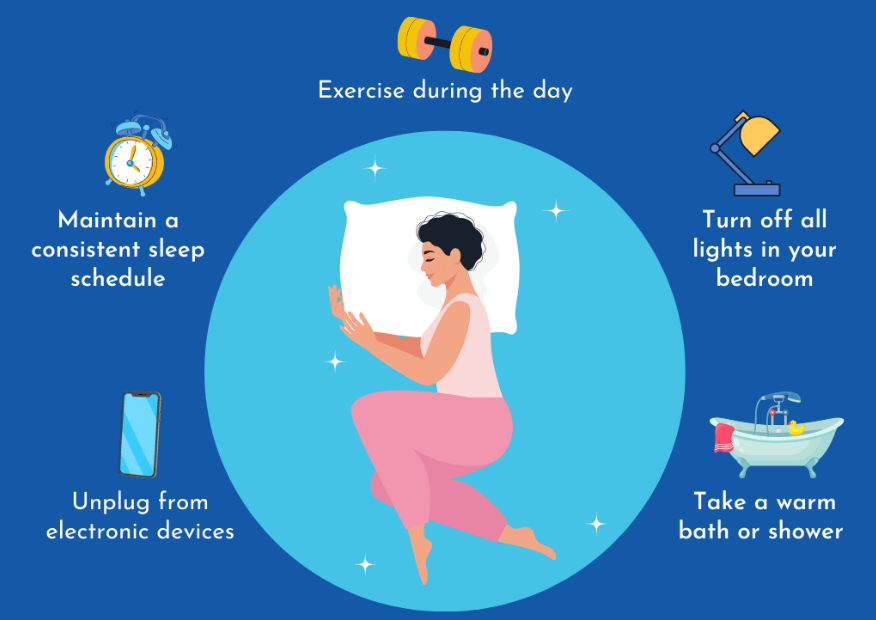
Adopting healthy sleep habits can significantly improve sleep quality. Establishing a regular sleep schedule, creating a restful environment, and avoiding stimulants like caffeine and alcohol close to bedtime can lead to better sleep. Regular physical activity also contributes to good sleep. However, it’s important to avoid intense workouts close to bedtime as they might make it harder to fall asleep. Maintaining a consistent sleep routine can help regulate your body’s internal clock and promote better sleep.
Another effective strategy is managing stress. High-stress levels can interfere with sleep, making it difficult to fall asleep or stay asleep. Techniques such as meditation, deep breathing, and progressive muscle relaxation can help manage stress and promote better sleep. In addition, seeking professional help like therapy or counseling can provide added support in managing stress-related sleep issues. Incorporating these relaxation techniques into your daily routine can significantly improve your sleep quality.
The Role of Diet in Sleep Quality

Diet plays a crucial role in regulating sleep patterns. Certain foods and drinks can either promote sleep or disrupt it. For instance, foods rich in tryptophan, an amino acid that helps the body produce sleep-inducing serotonin, can aid in better sleep. These include turkey, nuts and seeds, bananas, honey, and eggs. Incorporating these foods into your diet can help you achieve more restful sleep.
On the flip side, consuming large meals, spicy foods, or caffeinated drinks close to bedtime can disrupt sleep. Alcohol, while initially inducing sleepiness, can interfere with the sleep cycle and cause disruptions later in the night. By being mindful of your dietary habits, you can influence your sleep quality and overall health. Opting for a balanced diet that supports good sleep can contribute to improved sleep patterns.
Understanding Sleep Medications

Sleep medications can provide temporary relief from sleep disorders, but they are not a long-term solution. Most sleep aids have side effects, and prolonged use can lead to dependency. It’s essential to understand the benefits and risks associated with these medications. They should be used under medical supervision and ideally as part of a comprehensive sleep management plan. It’s crucial to remember that these medications should be viewed as a temporary solution and not a cure for sleep problems.
Natural sleep aids, such as melatonin supplements, can also be used to improve sleep. Melatonin is a hormone that regulates the sleep-wake cycle. Its production increases with darkness and decreases with light, helping to regulate your sleep patterns. However, like all supplements, melatonin should be taken under the guidance of a healthcare professional. Natural remedies can often provide relief without the risk of dependency, but it’s vital to discuss these options with a healthcare provider before starting any new regimen.
The Intersection of Sleep and Technology
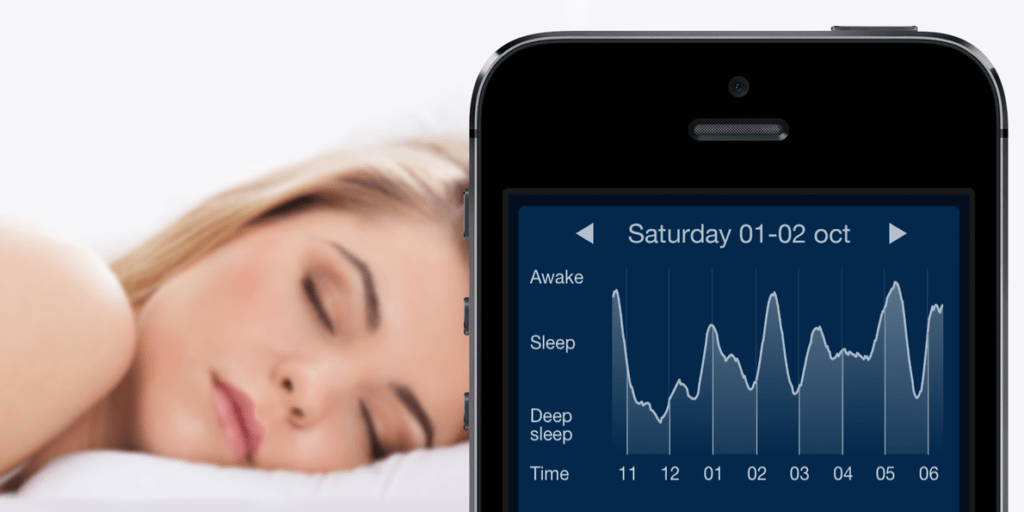
Technology can play a role in enhancing your sleep quality. There are numerous apps and devices designed to monitor and improve sleep. These tools track various aspects of sleep, such as duration, quality, and sleep stages, providing insightful data to understand your sleep patterns better. Such technology can be beneficial in pinpointing specific issues that might be disrupting your sleep.
However, it’s important to remember that technology can also disrupt sleep. The blue light emitted by screens can interfere with the body’s production of melatonin, the hormone that regulates sleep. Therefore, it’s recommended to limit screen time before bedtime and create a technology-free zone in the bedroom for better sleep hygiene. Balancing the use of technology for sleep improvement while avoiding its potential negative impacts is key to achieving a good night’s sleep.
Seeking Professional Help

If sleep issues persist despite adopting healthy habits, it may be time to seek professional help. Sleep specialists can diagnose sleep disorders and provide appropriate treatment options. They can also provide personalized advice on improving sleep hygiene and managing lifestyle factors that might be affecting sleep. A professional evaluation can help identify the root cause of sleep problems and guide you toward effective solutions.
Sleep therapy, such as cognitive-behavioral therapy for insomnia (CBT-I), has proven effective in treating certain sleep disorders. This form of therapy helps individuals change thought patterns and behaviors that interfere with sleep. With professional guidance, it’s possible to overcome sleep issues and enjoy restful, restorative sleep. CBT-I focuses on identifying and changing the negative thoughts and habits that affect your sleep patterns. It’s a structured program that can help you develop habits that promote a healthy sleep pattern.
Embark On Your Journey To Better Sleep
Improving sleep quality requires a multifaceted approach that includes lifestyle changes, dietary habits, stress management, mindful use of technology, and, when necessary, professional intervention. Remember, good sleep is not a luxury—it’s a necessity for optimal health and well-being. So don’t wait any longer. Start implementing these strategies today to experience the transformative power of restful, restorative sleep. Your mind and body will thank you.

